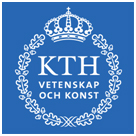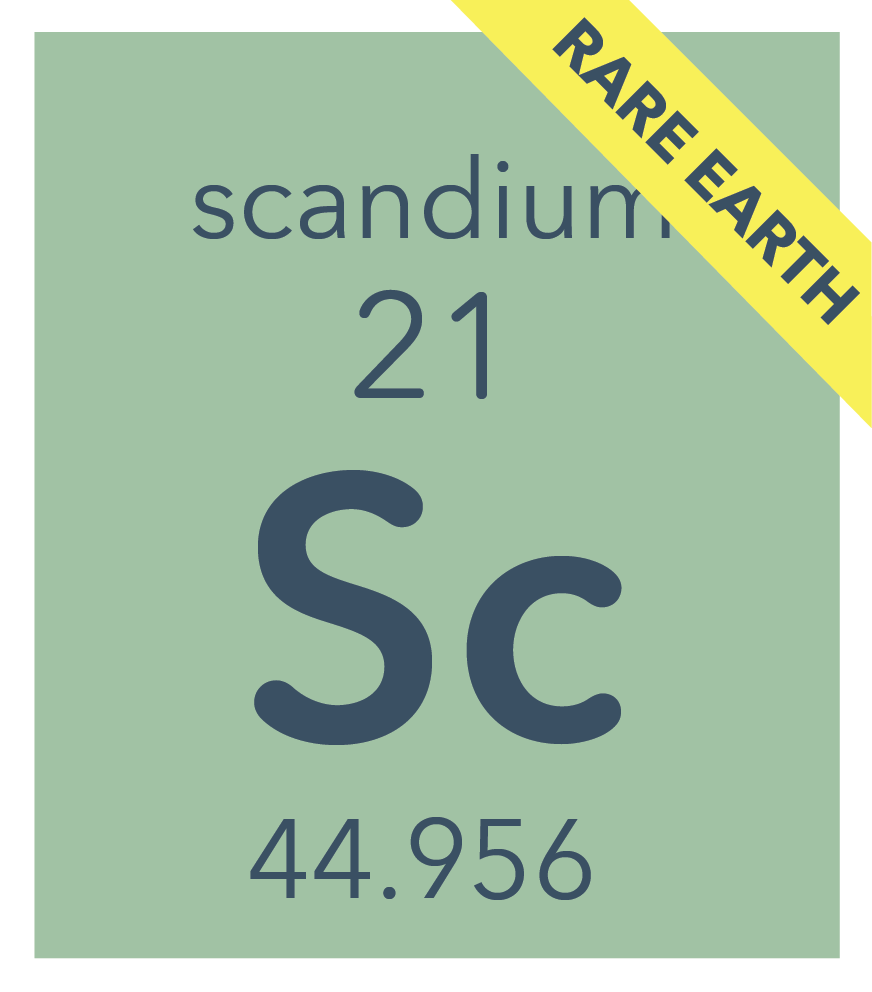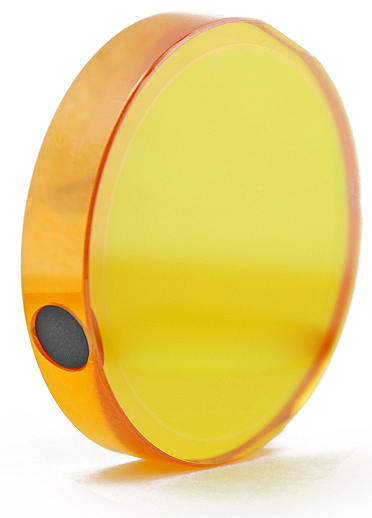
KTH is responsible forone third of Sweden’s capacity for technical research and is the country’s largest organizer of technical/engineering education at university level. KTH is organized into ten Schools, each covering a major field of engineering science. KTH education and research covers a broad spectrum – from natural sciences to all branches of engineering plus architecture, industrial economics, urban planning, work science and environmental technology. In addition to the research carried out by KTH’s Schools, a large number of national Competence Centers are located at KTH. Various research foundations also finance a number of research programs.
There are 12 400 full year-equivalent undergraduate students, over 1 900 active research students and 5 100 employees.KTH is a lead partner in two program areas within the European Institute of Innovation and Technology (EIT): InnoEnergy and ICT Labs. KTH is also part of the EIT Raw Materials Consortium and in the EIT Raw Materials KIC KAVA Network of Infrastructure initiative “Intensified Flow Separator Infrastructure and Expertise Network” INSPIRE.
The work in SCALE will be performed at the Dept. of Chemical Engineering and Technology within the School of Chemical Science and Engineering at KTH. In the present proposal the role of KTH will be to investigate the synthesis of pure ScF3 by crystallization from fluoride solutions in laboratory scale. This is an innovative route to separate Sc from strip liquor as an added value product that can be directly reduced to Sc metal. The work will develop the basic understanding of the crystallization process based on which engineering solutions can be found.
Scandium is one of the rare earth elements (REE). Currently the separation of REE from different leach liquors is being studied in two different projects at the Department (experiences 2 and 3). There is thus already extensive knowledge on the chemistry of REE within the group. The projects are performed both on an applied level using an engineering approach and on a fundamental level, as is the goal in KTH:s subtask in the present proposal. One of the topics in both projects (experiences 2 and 3) is separation of REE from acidic leach liquors by precipitation. Even though the solid phases to be separated from the liquid phase is different from that in the present proposal the same research methodologies can be used. The analytical techniques, that will be used in KTH:s subtask, for measuring pH, concentration of Sc and other elements (ICP-OES) and SEM-EDS and powder X-ray diffraction etc. are already being used in the group. The participants in the different projects will have regular contact and synergy effects are expected. The research group has previously studied the separation of metal fluoride hydrates from pickle liquor by crystallization (see experience 1).
In the present proposal the role of the KTH partner will be to investigate the synthesis of pure ScF3 by crystallization from fluoride solutions in laboratory scale. This is an innovative route to separate Sc from strip liquor as an added value product that can be directly reduced to Sc metal. The work will develop the basic understanding of the crystallization process based on which engineering solutions can be found. The goal is to obtain ScF3 (c) with a purity of at least 99% by crystallization from real strip liquor. The crystals should also be easy to separate from the mother liquor.
Website: http://www.kth.se/en/che

 Scandium is a chemical element with symbol Sc and atomic number 21. A silvery-white metallic d-block element, it was discovered in 1879 by spectral analysis of the minerals euxenite and gadolinite from Scandinavia.
Scandium is a chemical element with symbol Sc and atomic number 21. A silvery-white metallic d-block element, it was discovered in 1879 by spectral analysis of the minerals euxenite and gadolinite from Scandinavia.

